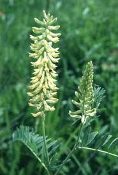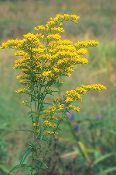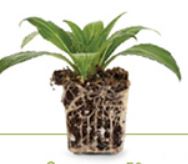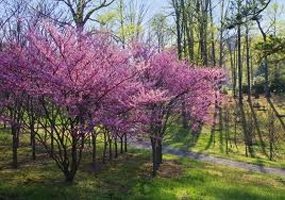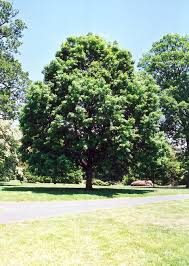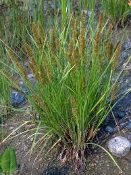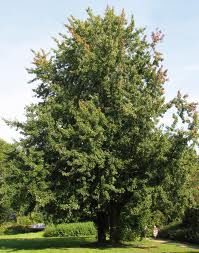$6.00
Astragalus canadensis, Canada Milkvetch, Organically Grown Native Perennial Plugs, Native Wildflowers, Native Pollinator Support Plants
There is a required minimum purchase of 5 individual plant plugs for this species. There are 50 individual plant plugs of this species in a tray.
5 or more $6.00 each
25 or more $3.50 each
50 or more $1.50 each
300 or more $1.25 each
For Shipping, Planting and additional FAQ’s please see “About our organically grown native plug trays “.
See all available Native Perennial Grasses & Organically Grown Plug Trays
Order Minimum
There is a minimum order total of $150.00.
before tax (VA residents only) and shipping.
There are NO EXCEPTIONS.
Description
Astragalus canadensis, Canada Milkvetch, Organically Grown Native Perennial Plugs, Native Wildflowers, Native Pollinator Support Plants
Astragalus canadensis: Canada Milkvetch
Attractive Flowers:
Average – Dry soil:
Average to moist soil:
Average Wildlife Value:
Beneficial Insects:
Butterflies:
Drought Tolerant:
Drought tolerant:
Dry-Moist Soil:
Full – Part Sun (6+ hours of sun):
Herbaceous plant:
Hummingbirds:
Moist Soil:
Native To Mountain Regions:
Native to Piedmont Regions:
Part Sun – Part Shade :
Perennial:
Pollinator support:
Sandy soil, coarse texture:
Songbirds:
Status not yet determined- :
Threatened / Endangered:
Full Sun:
This stout, erect-stemmed, often branched perennial grows 1-4 ft. tall. Leaves are pinnately-compound. Many whitish to pale yellow or greenish pea flowers hanging down slightly in dense racemes atop often clustered, leafy stems.
This was the first Astragalus from North America to be scientifically described. Representative of many species with white corollas, several notoriously poisonous, Canada Milk-vetch has toxic compounds but seems not to be a serious pest.
Benefit
Use Wildlife: Hummingbirds, Butterflies
Warning: All plants in the genus Astragalus are potentially toxic to humans and animals if ingested, causing a disorder called locoism. The milk from an animal that has ingested Astragalus plants may also be toxic. Sensitivity to a toxin varies with a person’s age, weight, physical condition, and individual susceptibility. Children are most vulnerable because of their curiosity and small size. Toxicity can vary in a plant according to season, the plant’s different parts, and its stage of growth; and plants can absorb toxic substances, such as herbicides, pesticides, and pollutants from the water, air, and soil.
Conspicuous Flowers: yes
Attracts: Birds , Butterflies , Hummingbirds
Larval Host: Western Tailed Blue
Value to Beneficial Insects
Special Value to Native Bees
Special Value to Bumble Bees
Astragalus canadensis, Canada Milkvetch, Organically Grown Native Perennial Plugs, Native Wildflowers, Native Pollinator Support Plants
You may also like…
-

Solidago odora, Sweet Goldenrod, Native Perennial Plant Plugs, Organically Grown, CUT BACK HARD
$7.50 Add to cart -

About: Plug trays ship once fully rooted and ready for transplant. You will be asked for a requested ship date at check out. It is best to enter “ASAP”. Requesting a specific date DOES NOT guarantee your date will be met but we will do our best. If you cancel an order because your requested ship could not be met, there will be a 2% cancellation fee.
$0.00 Add to cart
